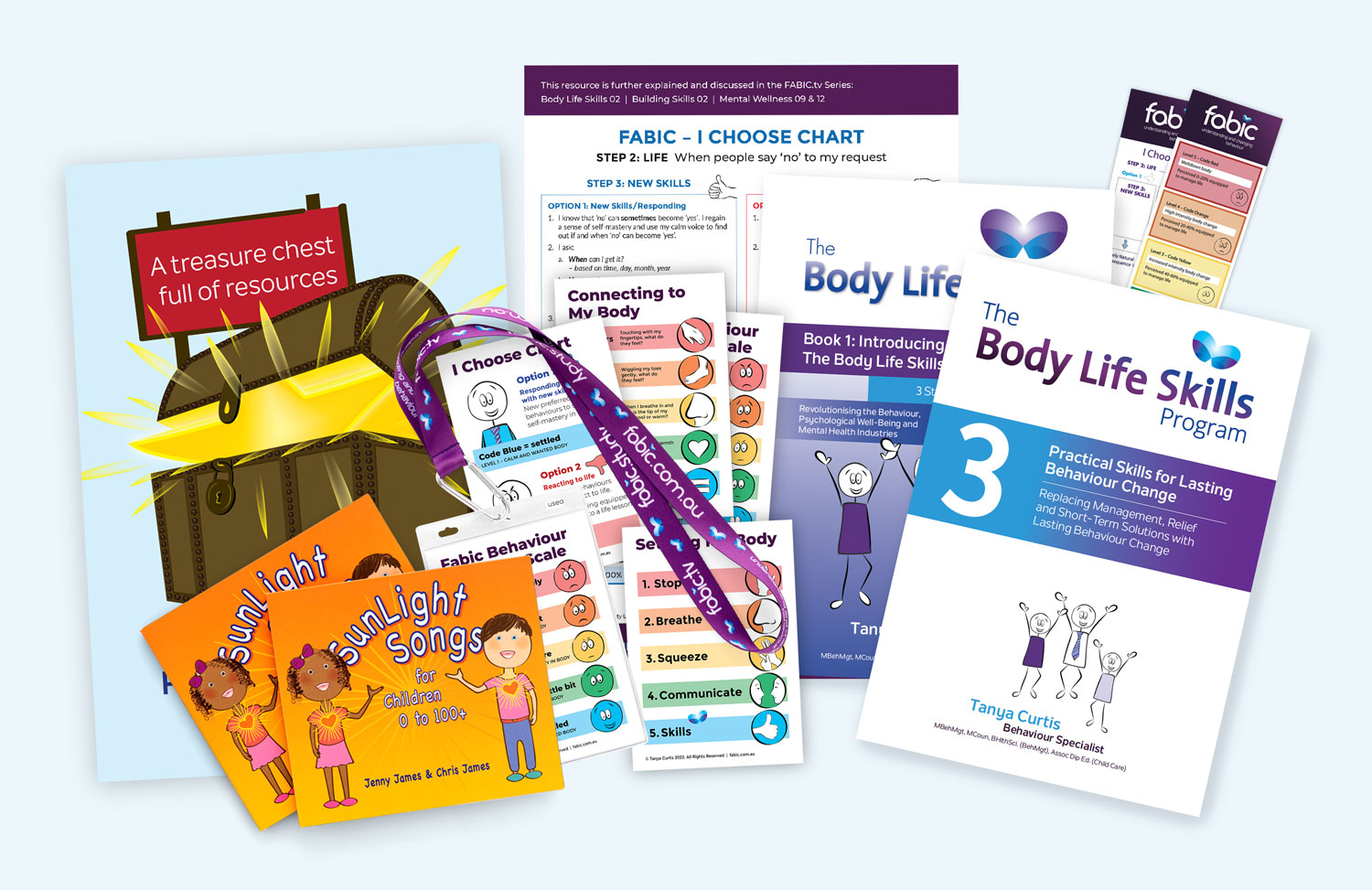Behaviour management relieves the symptoms of a current life lesson. It manages people, behaviour and life but, according to Senior Behaviour Specialist Tanya Curtis from FABIC, does not support developing independence and the skills to feel completely equipped to respond to what life has presented.
Behaviour management only focusses on the symptoms of behaviour but does not truly support people to develop the skills to deal with what is happening in their wider classroom of life, i.e. how to deal with conflict, with bullying, with winning or losing, with critique and feedback from people.
Behaviour management plans focus on what a person should not be doing rather than supporting them to develop into what they could otherwise be doing, i.e. increase capacity, independence and/or skills.
Behaviour management does not bring attention to why certain behaviours are used. Rather, it is about stopping the use of these behaviours and celebrating that as success with a reward, an artificial motivation to get the stipulated outcome.
Meanwhile, the person’s anxiety levels rise and eventually the volcano will erupt. Does behaviour management then not contribute to the wider problem and the reason why the statistics are getting worse and not better?
This video may be useful for those searching for the following:
- Effective behaviour management strategies
- Approaches to behaviour
What to watch next:
And for a deeper dive into all things LASTING behaviour change with FABIC:
Instead of behaviour management, you may like to read up on the FABIC methodology, the Body Life Skills Program for LASTING behaviour change.












